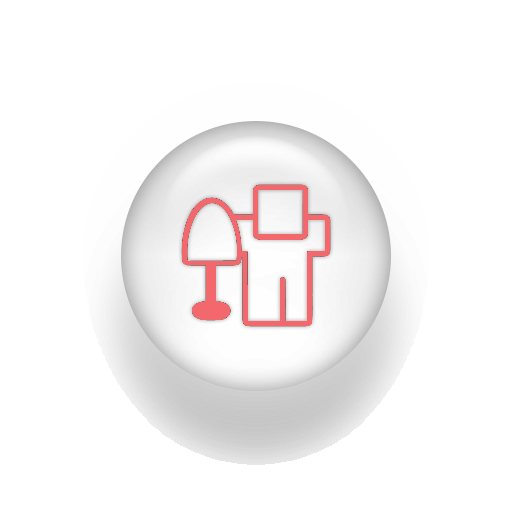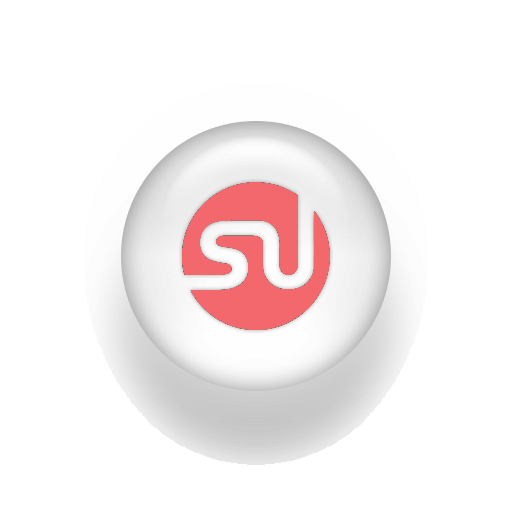Yes, this post is about potato chips, but also so much more. Let's say it's about potato chips as metaphor. How potato chips reveal who you are--economically, spiritually, politically.
Sounds ridiculous when I type it, but I went to college in the early 90s. Semiotics and deconstruction were all the rage. I wasn't taught to enjoy a good book. I was taught to rip it apart for underlying sexism, racism, and imperialism!
But I had a personal revelation at Krogers. Yesterday I bought potato chips. I feel compelled to assert here that I don't usually buy potato chips. We have guests coming, a family with a kid, and I thought they would enjoy potato chips. The fact that I felt compelled to clarify that I'm not the kind of person who regularly buys chips reveals something itself.
So anyway, I put the fancy Cape Cod cracked black pepper and sea salt chips in my basket. Because that's what hipster-foodies-"smart folks" who are against the corporate system eat, right? I mean, if they must eat chips.
And then I realized--I don't like them. They're too thick. Darn it, I like Lays' Sour Cream and Onion Potato Chips! They are an undemanding chip. Their dust is delicious. They are thin and crispy. And I will not feel guilty for my tastes any longer.
Bring on the corporate chips! Embrace who you are! Next thing you know, I'll be eating Kraft Mac-N-Cheese.
Who's with me?
Potato Chips: Crispy Windows to the Soul
Comments
1 comments
Categories
food,
popular culture,
potato chips,
revelations,
semiotics
Author
Robin Becker
First-draft Terror
Just finished the first draft of Mindkiller. And now I'm terrified. Going to wait a few days before I tackle first revision--let it sit for a bit--and I already know there's a lot to do and what to do, so that's good. No worries...yet.
What scares me is what am I going to do for the next few days!? Since school let out a month ago, I've been writing 4-6 hours a day, depending on if I decide to swim or fish in the afternoon. That's a lot of time to fill.
I'm thinking of making a bean-art portrait. Or gluing things together in a shitty assemblage. Or going to a lot of matinees. Or finally reading 2666 (after I finish Freedom). Or revising a short story I wrote a year ago.
Or I don't know what. Any suggestions?
What scares me is what am I going to do for the next few days!? Since school let out a month ago, I've been writing 4-6 hours a day, depending on if I decide to swim or fish in the afternoon. That's a lot of time to fill.
I'm thinking of making a bean-art portrait. Or gluing things together in a shitty assemblage. Or going to a lot of matinees. Or finally reading 2666 (after I finish Freedom). Or revising a short story I wrote a year ago.
Or I don't know what. Any suggestions?
Comments
5
comments
Categories
books,
crafts,
Mindkiller,
popular culture,
writing and language
Author
Robin Becker
Freedom is like a book without many metaphors.
In the past few weeks, I've read Swamplandia!, The Illumination, and a new Joyce Carol Oates short story collection whose name I've forgotten and I've already returned it to the library so I can't check. Currently I'm halfway through Freedom, which I won't even link to.
I've enjoyed all of them, but the one that has been freeing (ha! no pun intended) to me, as a writer, is Freedom.
The book has a refreshing lack of similes and metaphors, an obsessive attention to characters' interior lives, and it occasionally tells not shows. What? Tells not shows? Yes, yes indeed. And it works, too.
Both Swamplandia! and The Illumination are beautiful books with careful writing. Subject-wise, they're closer to what I typically read and what I aspire to write--stories that are magical, lyrical, and not rooted in psychological realism. In The Illumination, pain becomes manifest as an ethereal white light; Swamplandia! follows a family of alligator wrestlers who are too eccentric to be real, plus there are ghosts (who turn out to not be real, I think).
Freedom is none of these things. It is old school Russian-style soap opera. And I love it.
While Swamplandia! was a wonderfully imagined tale, at times the story was weighted down with its metaphorical language. I was too often aware that I was reading something that the author labored over. Karen Russell sure spent a lot of time thinking about words.
And here's a confession: sometimes as I write, I am guilty of the same thing, spending way too much time thinking of the apt, poetic simile and not chugging forward with the story. And the story is king.
But with Freedom, the writing style disappears, as if the novel just sprung forth (like in the beginning was the word and the word was...Franzen?), so that what the reader focuses on is the action (which is sometimes inaction). We become invested in the jealousy and struggles and desires of the extremely human characters.
Now, I like words. Love them. I read my share of poetry. Heck, I even read and teach L=A=N=G=U=A=G=E poets. I understand and support the idea of playing with and manipulating language.
Freedom is teaching me that sometimes language gets in the way. Sometimes a word is just a word, and a character can just cry, not cry tears that sparkle like sweaty diamonds left strewn across a table which is draped in a black tablecloth like a shroud thrown over the casket of someone you once loved.
What's important is that the character cried, darn it. (Jesus wept.)
I've enjoyed all of them, but the one that has been freeing (ha! no pun intended) to me, as a writer, is Freedom.
The book has a refreshing lack of similes and metaphors, an obsessive attention to characters' interior lives, and it occasionally tells not shows. What? Tells not shows? Yes, yes indeed. And it works, too.
Both Swamplandia! and The Illumination are beautiful books with careful writing. Subject-wise, they're closer to what I typically read and what I aspire to write--stories that are magical, lyrical, and not rooted in psychological realism. In The Illumination, pain becomes manifest as an ethereal white light; Swamplandia! follows a family of alligator wrestlers who are too eccentric to be real, plus there are ghosts (who turn out to not be real, I think).
Freedom is none of these things. It is old school Russian-style soap opera. And I love it.
While Swamplandia! was a wonderfully imagined tale, at times the story was weighted down with its metaphorical language. I was too often aware that I was reading something that the author labored over. Karen Russell sure spent a lot of time thinking about words.
And here's a confession: sometimes as I write, I am guilty of the same thing, spending way too much time thinking of the apt, poetic simile and not chugging forward with the story. And the story is king.
But with Freedom, the writing style disappears, as if the novel just sprung forth (like in the beginning was the word and the word was...Franzen?), so that what the reader focuses on is the action (which is sometimes inaction). We become invested in the jealousy and struggles and desires of the extremely human characters.
Now, I like words. Love them. I read my share of poetry. Heck, I even read and teach L=A=N=G=U=A=G=E poets. I understand and support the idea of playing with and manipulating language.
Freedom is teaching me that sometimes language gets in the way. Sometimes a word is just a word, and a character can just cry, not cry tears that sparkle like sweaty diamonds left strewn across a table which is draped in a black tablecloth like a shroud thrown over the casket of someone you once loved.
What's important is that the character cried, darn it. (Jesus wept.)
Comments
3
comments
Categories
books,
crafts,
Mindkiller,
poetry,
revelations,
teaching,
writing and language
Author
Robin Becker









